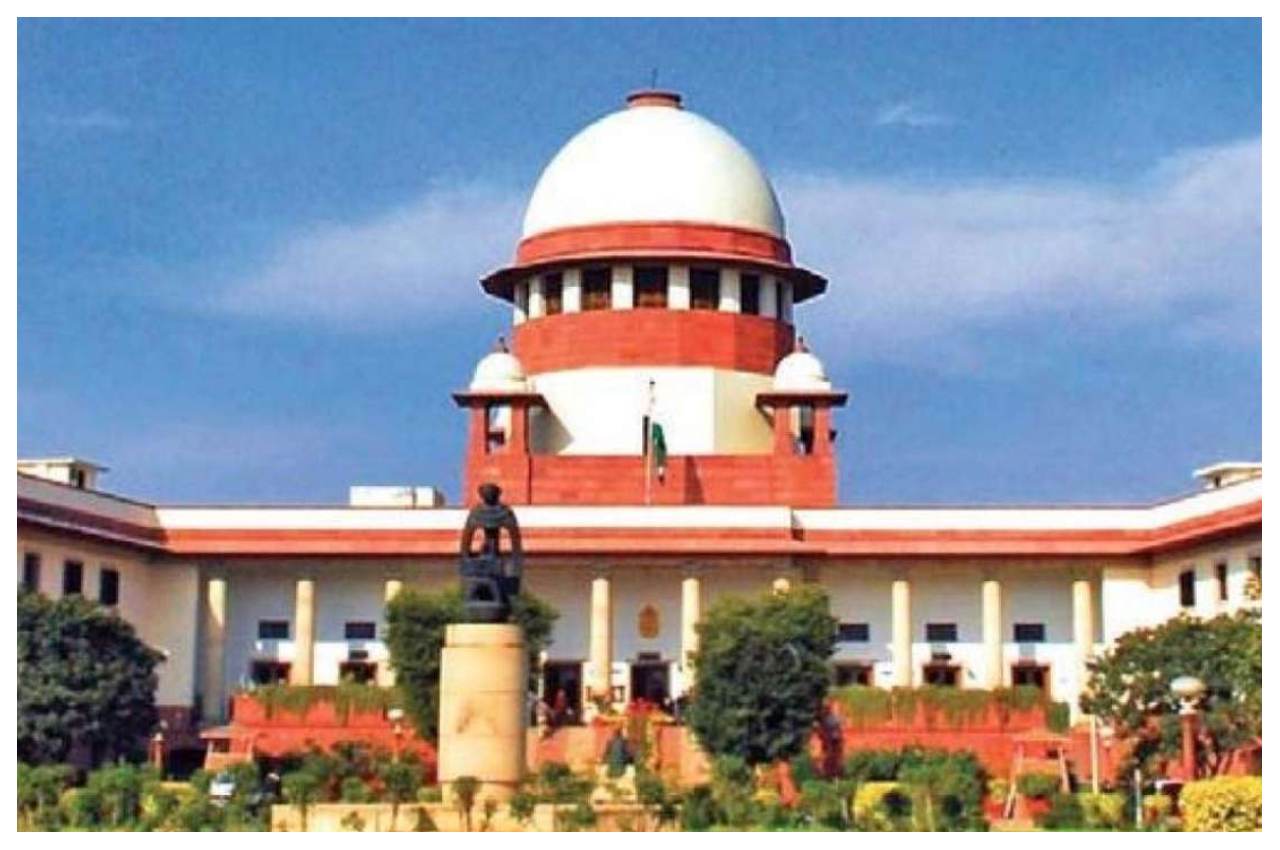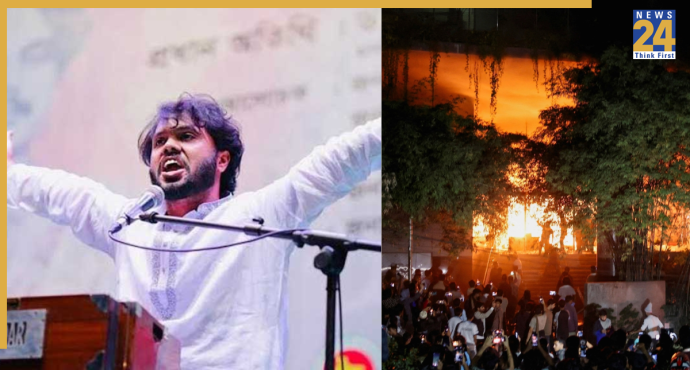New Delhi: Along with the executive, an impartial judiciary is one of the pillars of democracy. In India, the judiciary has often been criticised for its allegedly slow speed of functioning and the huge backlog of cases.
However, despite all its faults, the judiciary, including the Supreme Court and the High Courts has played a crucial role in keeping the Indian state functioning.
Let us have a look at some of the landmark judgements since “India awoke to life and freedom” in 1947.
Shah Bano case
The case of Mohd. Ahmad Khan vs. Shah Bano Begum & Ors. – better known as the Shah Bano case – is a milestone in Muslim women’s fight for their rights against theological discrimination ingrained in Muslim personal law.
It laid the ground for Muslim women to make legitimate claims which they were not allowed before and challenge religiously ordained discrimination.
His Holiness Kesavananda Bharati vs State of Kerala (Kesavananda Bharati Case )
Landmark Judgement by Supreme Court 13 Judges Bench which propounded the Basic Structure Doctrine or Essential Feature Theory. In this case Golak Nath Case was overruled and Bench in majority said that Parliament can amend any part of Indian Constitution but it can not destroy the basic structure. SC said the parliament has limited amending power.
Personal liberty
Maneka Gandhi vs Union of India
In a landmark decision, the Supreme Court expanded the interpretation of Article 21 of the Constitution of India. It overruled A. K. Gopalan v. State of Madras, which had implied the exclusiveness of fundamental rights, and established a relationship between Articles 14, 19, and 21 of the Constitution.
The Supreme Court ruled that a law depriving a person of ‘personal liberty’ must not violate any of these articles.
A K Gopalan vs State of Madras
This case had led to the Preventive Detention Act, 1950. In this case, the Supreme Court held that the protection under Article 21 is available only against arbitrary executive action and not from arbitrary legislative action.
This means that the State can deprive the right to life and personal liberty of a person based on a law.
This is because of the expression ‘procedure established by law’ in Article 21, which is different from the expression ‘due process of law’ contained in the American Constitution.
Hence, the validity of a law that has prescribed a procedure cannot be questioned on the ground that the law is unreasonable, unfair, or unjust.
Secondly, the Supreme Court held that ‘personal liberty’ means only liberty relating to the person or body of the individual.
Freedom of Speech
Romesh Thappar vs State of Madras
The petitioner filed a writ petition before the Supreme Court, averring that the powers under the Act were an excessive restriction on freedom of expression under Article 19 of the Constitution of India.
The Supreme Court held that the security of the State is a reasonable restriction under Article 19 (2) of the Constitution. However, the words used in the impugned section of the Act are ‘public safety and public order’. The Court considered that the 2 terms have to be read together. The restrictions were allowed under the Act for the wider purpose of public order.
Brij Bhushan Sharma vs Delhi
The Supreme Court ruled in favour of Brij Bhushan. The Supreme Court upheld the liberty of the press and said that pre-censorship violates the fundamental right of freedom of speech and expression.
The Supreme Court also established that only such restrictions can come under the provision of Article 19(2) which harm the security of the State, or tends to overthrow the State. Section 7(1) (c) does not undermines any of the above case and thus is not a reasonable restriction posed by the Chief Commissioner of Delhi.
Caste based reservation
State of Madras vs Champakam Dorairajan
A landmark judgement of the Supreme Court, the State of Madras v. Champakam Dorairajan case led to the first amendment of the Constitution of India. It was the first major judgement regarding reservations in independent India.
The Supreme Court upheld the Madras High Court judgement, which had struck down the government order of 1927 providing caste based reservation in government jobs and college seats. The Supreme Court ruled that providing such reservations violated Article 29 (2) of the Indian Constitution.













